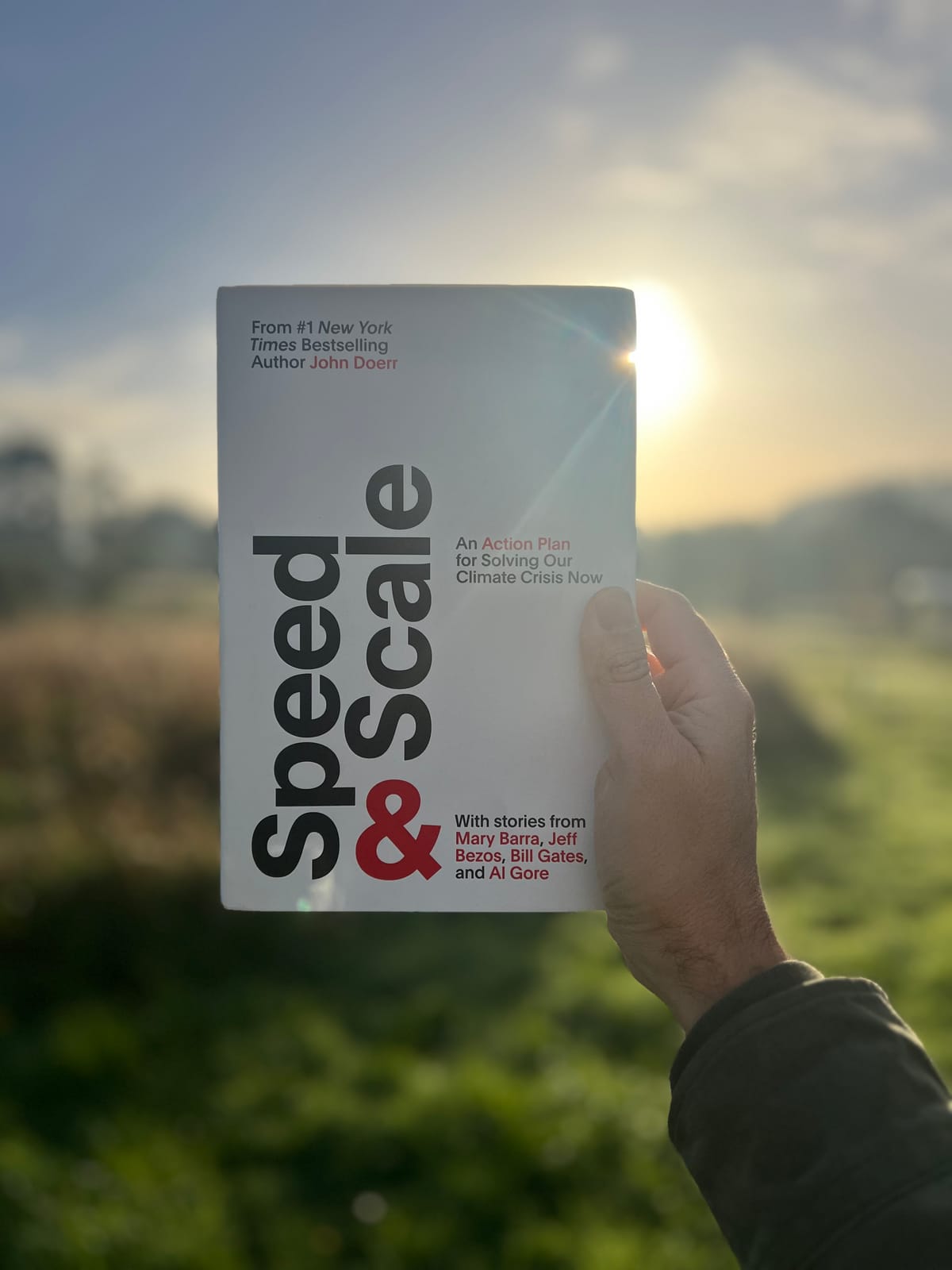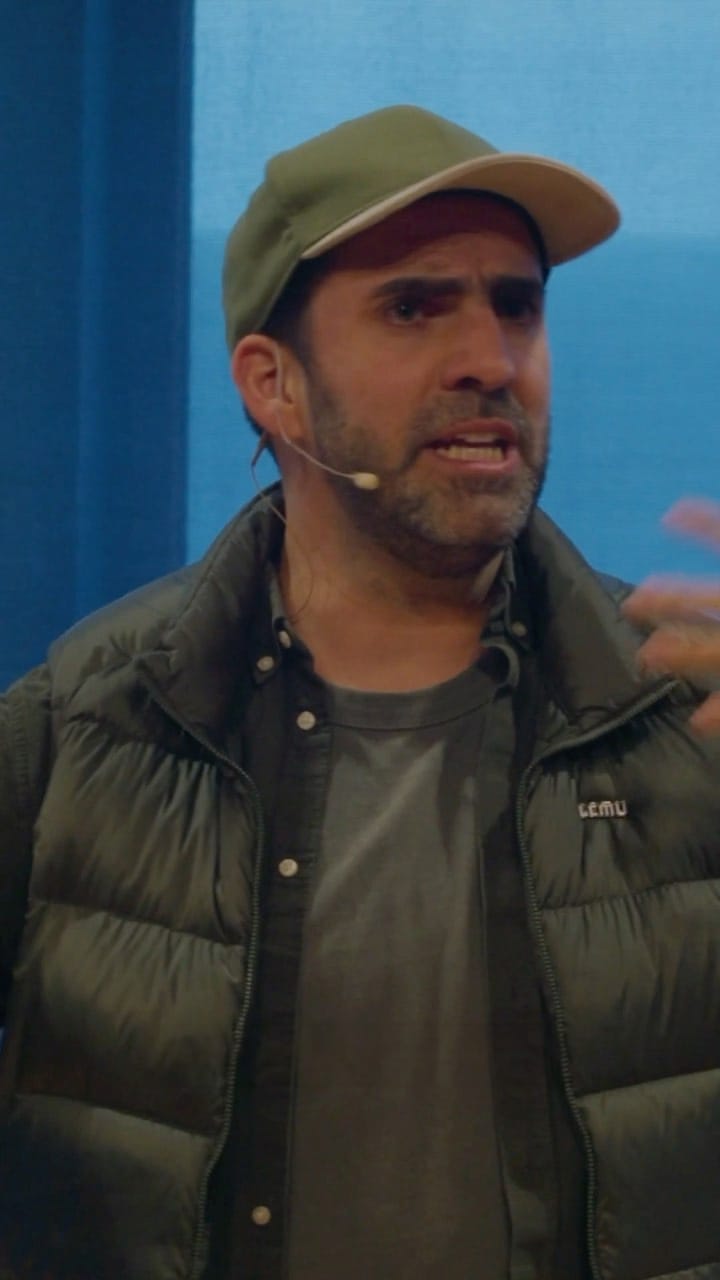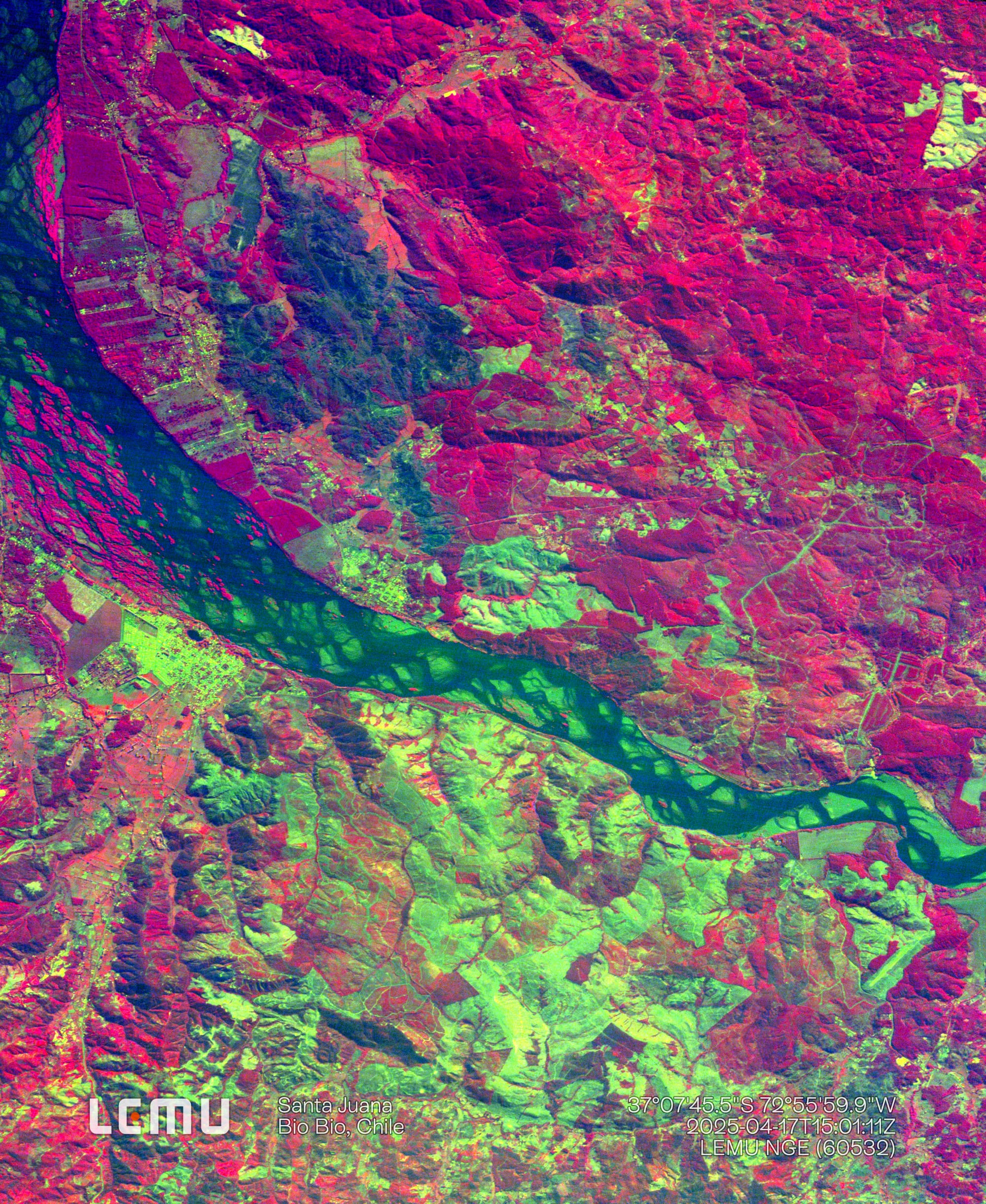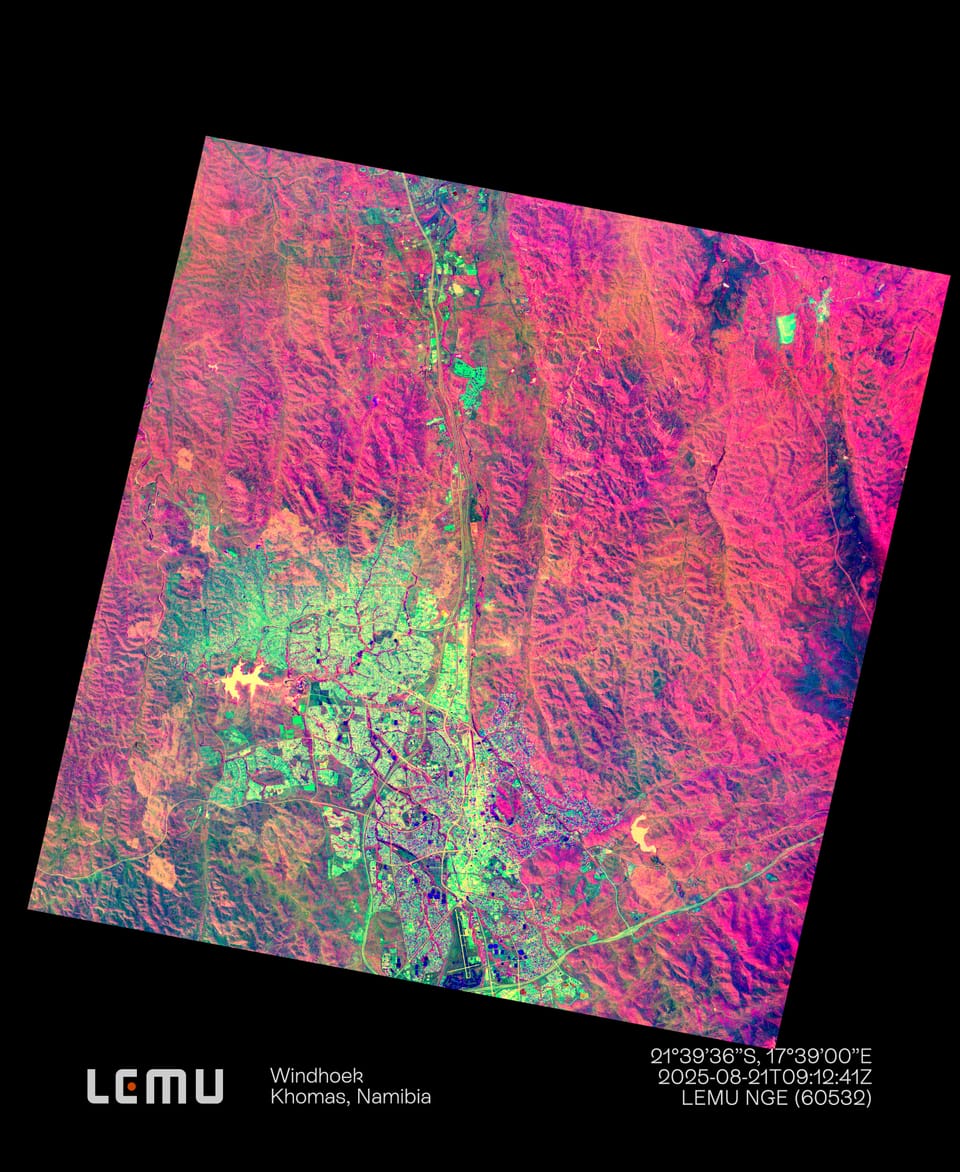Speed & Scale (2021)
A plan to move fast—with just a sprinkle of nature.

This book is built for momentum.
Full of charts (yes, please!), OKRs (by the man himself), and reduction targets (urgent), it offers structure for those ready to act — though structure isn’t the same as strategy.
While presented as Doerr’s roadmap, the book includes stories and insights from a wide range of contributors—scientists, policymakers, investors, and entrepreneurs.
Still, the rhythm is consistent: Fast, scalable, controllable. And if you believe the climate crisis is a coordination problem — as I do — Speed & Scale (John Doerr, 2021) feels like progress.
Because coordination matters. Scale matters.
But it’s not just about execution.
We need a vision — rooted in values, not just emissions.

Speed Without Vision
The plan is clear: what must be done, by whom, and by when. The tone is urgent. The stakes are high.
But in the race to simplify, we risk losing the thread. Speed becomes the strategy. Complexity gets trimmed for clarity.
And the deeper systems — ecological, social, temporal — get pushed into side quests. We can’t afford that.
Because what we’re trying to fix isn’t just a machine that (we) broke. It’s a web of interdependencies we’ve neglected.
Nature isn’t Optional
Nature-based solutions do appear here — but briefly. Positioned as supportive, not central. Optional, not foundational.
To be clear, I fully agree with the OKRs in the book — halt deforestation of native and primary forests, and protect at least 30% of oceans and lands by 2030.
But that framing still misses something essential.
We need more than climate math. We need to understand that ecosystems aren’t just levers to pull — they are partners in the process.
They carry intelligence, resilience, and a logic far older than our tools.
The climate crisis isn’t just about emissions. It’s about disconnection.
Depth & Scale
This isn’t an argument against ambition.
I admire Doerr’s clarity. I’ve learned from Measure What Matters. I believe in the power of OKRs — when they aim for outcomes, not output.
And I believe we must act at scale. But scaling isn’t just growing wider. It’s growing deeper — and taller, and longer (in time).
Some of the book’s contributors are clear about this. Laurene Powell Jobs reminds us we “have to address everything at the same time.” Jeff Bezos admits it won’t be fast or easy. They reinforce the need for systemic action — urgent, wide-reaching, and sustained.
But even as the scope expands, nature remains marginal.
Without ecosystems at the center, we’re not building resilience — we’re just accelerating fixes.
The best outcomes don’t come from racing. They root. They take time. They build trust. They honour place.
We can’t solve this by flattening the landscape. We solve it by learning how to live with its contours.
Compass over Stopwatch
What we need isn’t less action. It’s action with awareness — with a systemic direction. That’s what I missed for this to become “the plan”.
Tools that hold complexity instead of avoiding it. Frameworks that start with interdependence, not end with it. Metrics that include nature — not just quantify a service it provides.
Because speed without direction just creates more problems. And the future we need isn’t just faster. It’s more connected.
Instead of a move-fast-and-break-things mentality, we need to move deliberately — and fix things. Not someday. Now.
We don’t need a better stopwatch.
We need a better compass.



